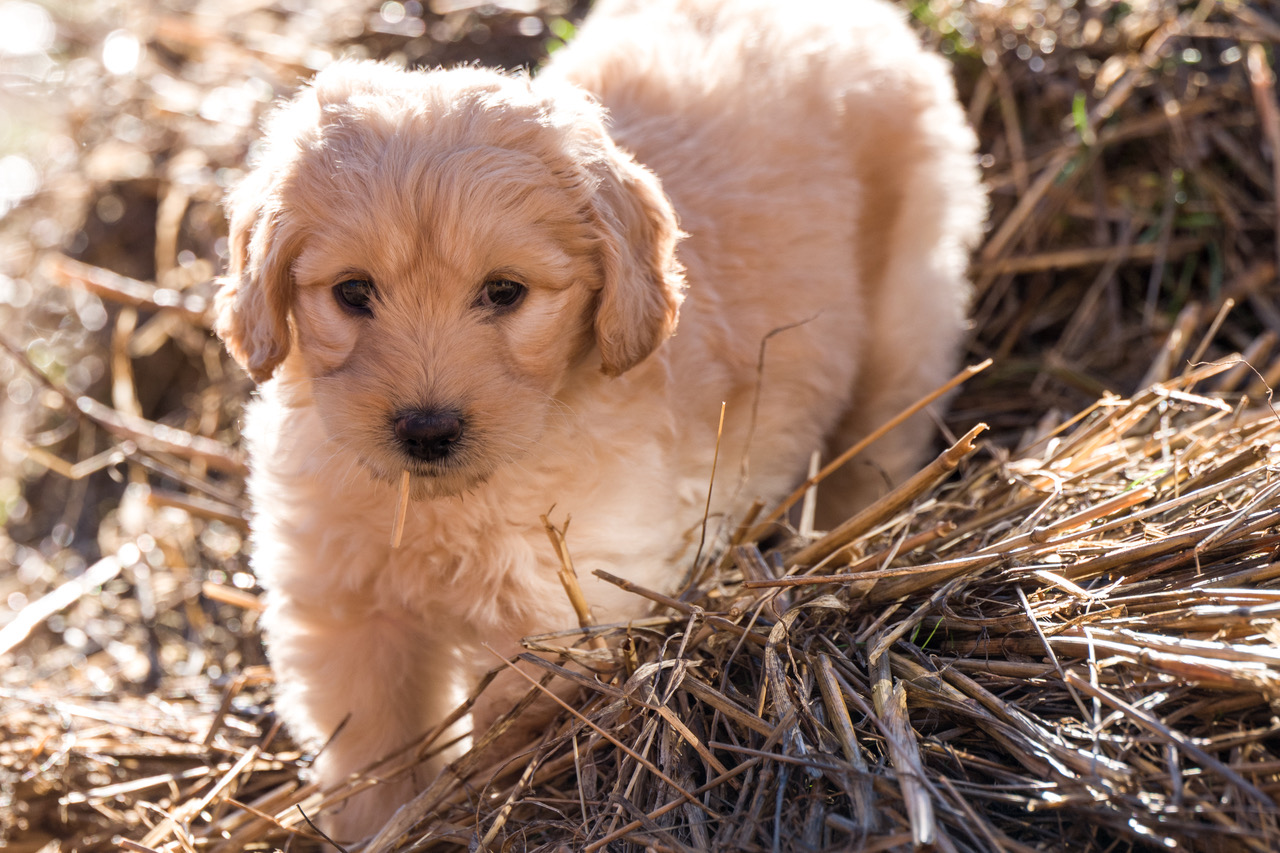By Alan Hewett
Since the Covid lockdowns and restrictions dog ownership has increased to such an extent that there is now a shortage of pooches and people are prepared to pay thousands for one. Dogs are loveable of course, (unless you have one next door barking incessantly.) For over eleven thousand years humankind has established a symbiotic relationship with dogs. They may even have been a factor in Homo-Sapiens surviving at the expense of other hominids such as Neanderthals.Dogs feature prominently in our lives. Farmers find their working dogs indispensable. There are guide dogs, search-and rescue dogs, assistance dogs, dogs that visit hospitals and retirement homes. Those of us that have one enjoy the benefits of exercise and companionship; they are truly, ‘one of the family.’ But the environmental impact of our pets may come as a shock.
Producing food for pets uses significant land, water and energy resources as well as generating huge amounts of greenhouse gasses. A study in America revealed that feeding pets created 64 million tonnes of carbon dioxide a year, that’s the equivalent of 13.6 million cars. A way of quantifying human demand on the earth’s ecosystems is a measure called global hectares. A medium sized dog requires 0.84 hectares to keep it fed for a year. Running a 4.6litre Land Cruiser, including the energy needed to build it and drive it for 10,000 kilometres requires 0.41 hectares. A citizen of Ethiopia uses 0.67 hectares. By the way, if you have a cat that equates to a V.W. Golf.
If you are now a dog owner consumed with guilt, there may be some relief ahead. Just as humans are reducing their meat intake there are similar moves with dogs. They can eat a vegetarian diet, but care must be taken to ensure it maintains healthy digestion and nutrition. There are plans to cultivate lab-grown meat, but a more interesting proposal is the use of insects. They are great for dogs, a complete protein. Crickets for example contain iron, vitamin B12 and omega-3 oils. Of course, convincing owners may be a problem and expect opposition from a pet food industry that generates over $90 billion a year.
Our planet has finite resources. We face many challenges regarding power, transportation and housing. Unfortunately, pet ownership adds to those problems.

